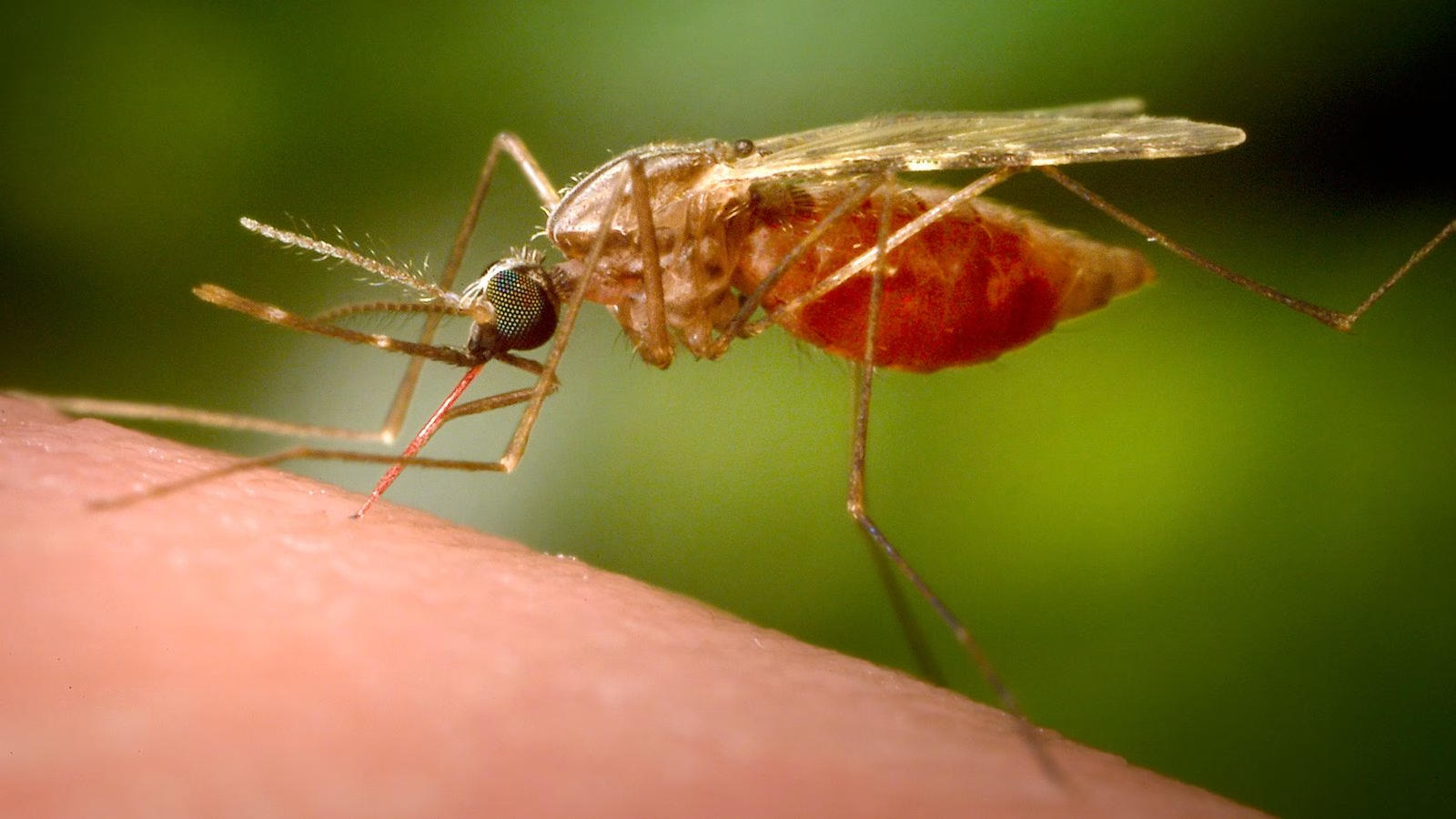Scientists are modifying mosquito genes with the aim of stopping the spread of malaria.
The method, which incorporates genes from the honeybee and the African clawed frog, disrupts the normal growth of the malaria parasite inside the mosquito.
This would mean a mosquito bite in regions where the disease is common would no longer carry a potential death sentence.
The World Health Organisation reports that malaria caused almost 600,000 deaths in 2023, three quarters of them in children under five.
Dr Nikolai Windbichler, a geneticist at Imperial College London, believes the GM mosquitoes could succeed where other malaria control efforts have failed.
“The advantage is that people don’t have to do anything,” he stated.
“For example, with a bed net you need to treat it with insecticide and hang it up when you sleep. It requires people to take action to be effective.
“But this technology is purely genetic, so people don’t have to do anything for it to be beneficial.”
Sky News visited the insectary at Imperial College, where thousands of mosquitoes are being raised as part of the pioneering Transmission Zero project.
Step one in creating the GM mosquito involves injecting the insect egg with genes from other species that make proteins toxic to the malaria parasite.
These genes slow the development of the parasite within the mosquito’s stomach.
When the female mosquito bites someone to feed – which she needs to lay eggs – the parasite is too underdeveloped to infect them and cause illness.
In a critical second step, researchers employ another genetic technique to ensure all offspring of the GM mosquitoes carry the malaria-resistant trait.
Dr Windbichler stated that the method means only a small number of modified mosquitoes would need to be released into the wild for the entire population to become malaria-resistant.
“The trait is self-propagating,” he said.
“Over time, it will become more common in the population.
“It will also spread geographically so that ultimately every malaria-transmitting mosquito in Africa could carry this characteristic.”
The study is in cooperation with scientists in Tanzania and is funded by the Bill and Melinda Gates Foundation.
There are now two vaccines for malaria, but these are costly and not highly effective. Medications are available, but the parasite is developing resistance to some.
The genetic approach, on the other hand, is relatively inexpensive. After the initial lab work, the GM mosquitoes essentially do all the work.
Learn more:
Half the world could be at risk of mosquito-borne diseases
Why some people are ‘mosquito magnets’
Professor George Christophides, an infectious diseases specialist at Imperial College, stated it’s likely to be many years before the GM mosquitoes would be released into the wild.
“We need to prove in the lab that it works, and that it works as we intend it to,” he said.
“And then we need to prove it’s safe, and that it doesn’t cause any unintentional harm, both to humans and the environment.
“It must be accepted by local communities and regulators before we test them in the field.”












